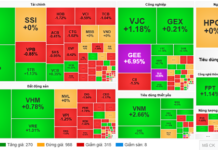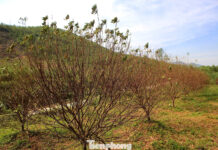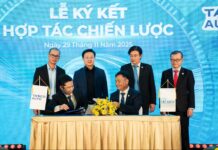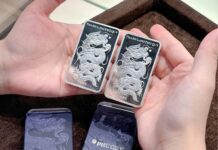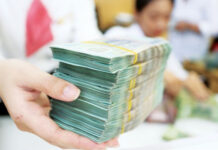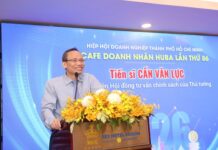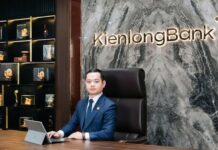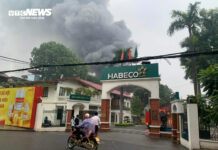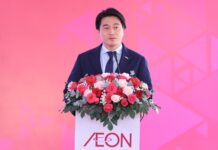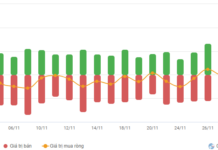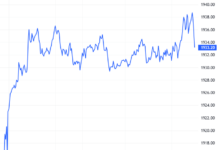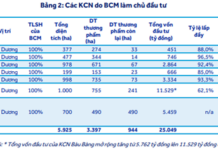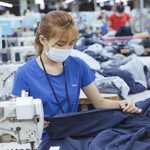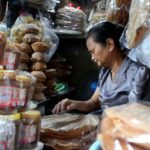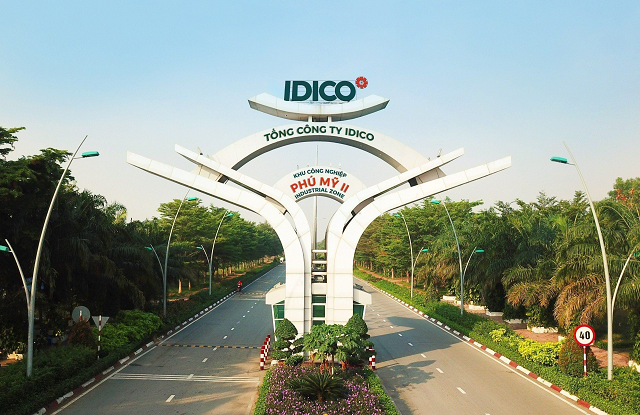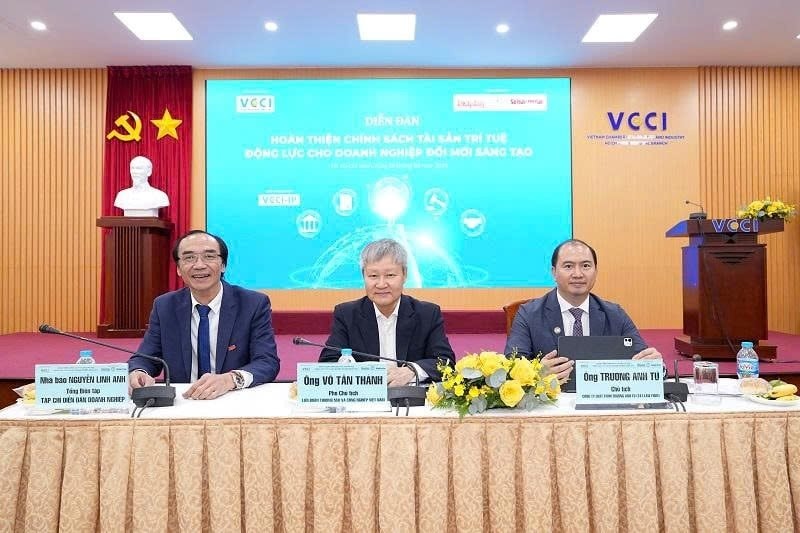
A candid and forthright narrative from a nearly 50-year-old brand, detailing their arduous journey against intellectual property infringement and sounding an alarm on the loopholes in the current legal system.
With honesty and courage, the renowned brand, Nhựa Bình Minh, shared their challenging journey of combating intellectual property violations and shed light on the gaps in the existing legal framework. The brand’s representative emphasized that while their nature is not litigious, the circumstances compelled them to become “involuntary lawyers” to protect their well-established name.
It is common for consumers to recall the name “Nhựa Bình Minh” without verifying the product’s origin, which leads to unfortunate consequences. When consumers encounter low-quality counterfeit products bearing the brand’s name, the negative impact falls on the legitimate business, resulting in lost revenue and, more crucially, a loss of market trust.
The prevalence of counterfeit goods, copied packaging, and deceptively similar trade name registrations is no longer an isolated issue. Numerous incidents of fake products have been uncovered following accidents at construction sites, such as pipe leaks or bursts, leading to severe technical and reputational repercussions. These incidents not only cause economic losses but also deal a direct blow to the brand’s hard-earned reputation.
In response to this dire situation, Nhựa Bình Minh took proactive measures by establishing a task force dedicated to brand protection. They collaborated with the specialized law firm TAT Law Firm to implement aggressive legal strategies. The company conducted intellectual property assessments at the Institute of Intellectual Property, lodged complaints with relevant authorities, initiated lawsuits, and invested over 19 billion VND in anti-counterfeiting laser printing technology and enhanced product identification through their distribution network.
However, the company representative acknowledged that the outcomes have not been commensurate with their efforts. In some instances, despite clear assessment conclusions, the company did not receive effective legal protection. Evading tactics and legal loopholes have hindered the process, and even when verdicts seemed favorable, they were often met with disappointment due to the sluggishness or indecisiveness of the implementing authorities.
Beyond the significant financial burden of addressing these violations, what concerns Nhựa Bình Minh the most is the lack of consistency and strength in intellectual property protection in Vietnam. The struggle of this established brand serves as a stark warning to the entire system. If a well-known company faces challenges in seeking protection, how will tens of thousands of small and medium-sized enterprises navigate the intensely competitive and risky business environment?
At the forum, Nhựa Bình Minh presented four key policy recommendations based on their practical experience. First, they emphasized the urgent need to establish specialized Intellectual Property Courts with well-trained judges who possess practical knowledge of the intricacies of cases involving intangible assets. Second, they suggested expanding the mechanism for independent assessments while regulating the ethics of assessors to prevent monopoly practices.
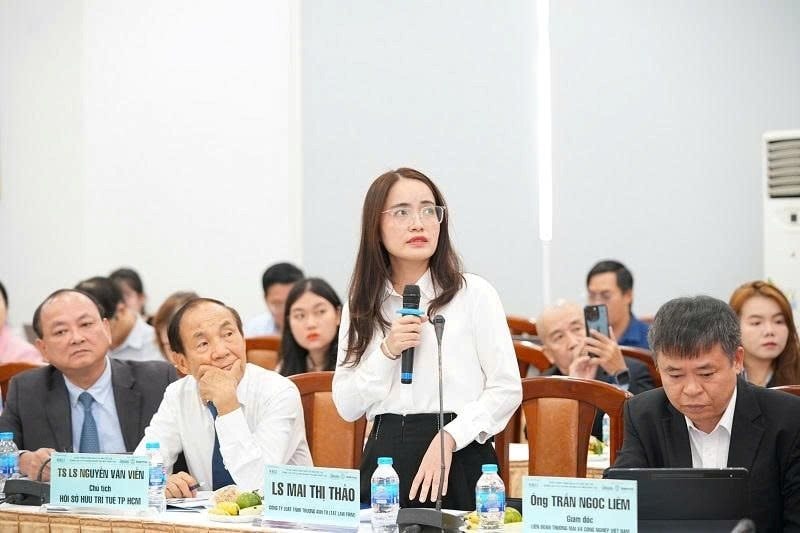
LS Mai Thị Thảo, Deputy Director of TAT Law Firm, provided legal expertise and supported Nhựa Bình Minh in their efforts to protect their intellectual property rights.
Third, they proposed developing quantitative standards to assess non-material damages, such as brand reputation and consumer trust, rather than solely focusing on affected revenue. Finally, they advocated for enhanced oversight of enforcement agencies to prevent incompetent individuals from undermining the country’s legal power.
In conclusion, the representative of Nhựa Bình Minh asserted their unwavering commitment to safeguarding their brand, not only for the company’s interests but also for the integrity of the market and the rights of Vietnamese consumers. He posed a thought-provoking question: “If a 50-year-old brand can be stolen so easily, what will protect today’s startups?”
At the forum, Dr. Nguyen Van Vien, a lawyer and the Chairman of the Ho Chi Minh City Intellectual Property Association, and former Deputy Director of the Patent Office, offered a comprehensive perspective on the role of intellectual property in a market economy. He affirmed that while the world strives to prevent monopolies, intellectual property is the only domain where the law permits monopolies because it fuels creativity and innovation.
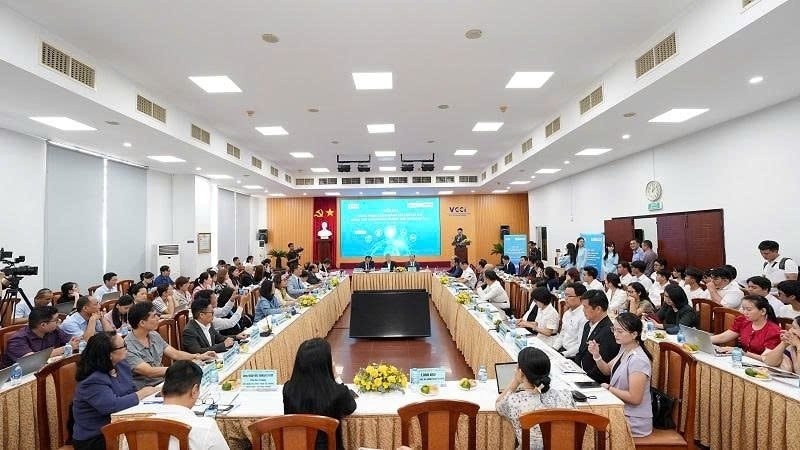
Despite its long-standing presence in the market, the 50-year-old brand continues its quest for effective protection.
According to Mr. Vien, most Vietnamese businesses have not yet fully grasped the value and rights associated with intellectual property. Many companies fail to register their trademarks, neglect to consider their rights in new markets, or even use unregistered trademarks. These gaps leave Vietnamese brands vulnerable to appropriation in their home market and vulnerable to losing their rights in international markets.
He shared a story of a foreign brand whose agent in Vietnam registered the trademark first and then demanded ownership or offered to sell it back to them. While the law provides mechanisms to deal with such unfair competition, reclaiming trademarks in these situations is often challenging and expensive, amounting to “buying back what is rightfully theirs.”
Therefore, Mr. Vien urged businesses to proactively establish their intellectual property rights and called on state management agencies to upgrade policies, improve enforcement mechanisms, and raise awareness among enterprises. Intellectual property is an intangible asset, but its value and associated risks are very real.
The Textile and Footwear Industry: Fortifying the Domestic Market to Elevate Global Competitiveness
By tapping into the domestic market, businesses can reduce their reliance on exports and provide consumers with access to internationally-compliant products, manufactured by reputable companies.
“Transforming Intellectual Property into a National Strength: A Policy Refinement”
“Speaking at the forum ‘Refining Intellectual Property Policies – A Driving Force for Innovative Enterprises’, organized by the VCCI, a representative from the Department of Domestic Market Management and Development (Ministry of Industry and Trade) emphasized the critical role of intellectual property. They highlighted that intellectual property serves as a protective tool for creations and a foundation for innovation. Additionally, they outlined the challenges and provided policy directions to enhance the legal framework surrounding intellectual property rights in the country.”
The Solo Entrepreneur’s Conundrum: Navigating Tax Policies
Many businesses in Ho Chi Minh City are facing challenges with the new tax declaration regime, which has replaced the old tax prescriptive regime.

